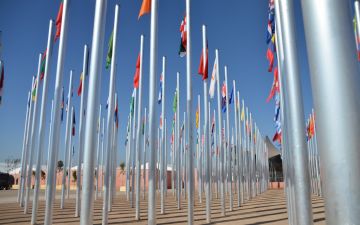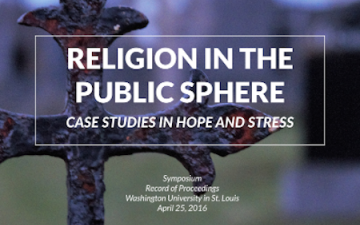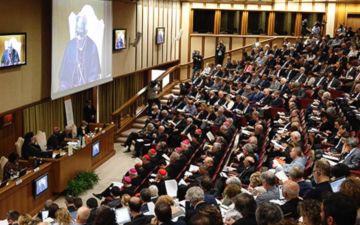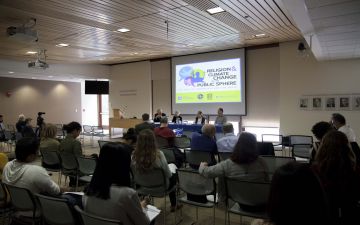Pope Francis has issued an encyclical on a topic of global significance: saving the planet from climate change. His audience is not simply 1.2 billion Catholics. He implores everyone, everywhere on how and why to "care for our common home."
Francis remains one of the most popular and influential leaders on the world stage. The encyclical, called "Laudato Si," is in keeping with his focus on the poor, especially in regard to the current ongoing impact of climate change. He aims to influence both international policy as well as local governments, communities and church parishes.
To gauge the potential impact of the teachings of this first pope from Latin America, Justin Catanoso reports from Peru, setting of the 2014 UN Climate Summit and ground zero in the global battle against climate change. Peru's vast Amazon jungles are the lungs of the earth. They harbor more biodiversity than any other country. But Peru is eager to develop its natural resources—gold, silver, copper, oil. In doing so, it is deforesting at the fastest rate in the region.
Everything in the pope's encyclical speaks to the need for Peru, and other countries, to conserve and preserve forests, to recycle, to stop burning fossil fuels, to stop plundering the resources of poor countries to benefit rich ones.
Peru is 75 percent Catholic; the pope's approval rating is 83 percent. Can this popular pope's moral authority, and his unprecedented encyclical, make a practical difference in a country rife with environmental conflict?








